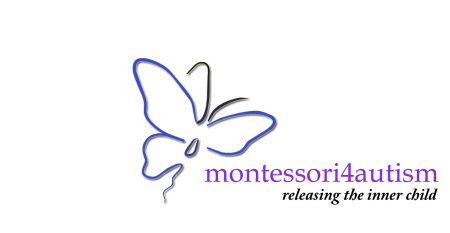Personnel
Personnel
Ideally, the Montessori personnel would have some background in special needs to be able to better understand the needs and learning differences of a child with autism. However, in my opinion, the right attitude is even more important, as many Montessori educated teachers already know how to work with a wide range of student capabilities.
Depending on their level of functioning, children with autism who are entering Montessori classrooms may require a one-on-one aide. Some might say that having a personal aide goes against the core Montessori principles of self-directed and independent learning. However, with the right training and attitude, the aide can become the very bridge to that independence. This was certainly a case for my son, who had a part-time aide (for about three hours in the morning) throughout Lower Elementary program. Considering that ASD children need more individual attention and a higher percentage of time devoted to direct instruction, having an aide is a win-win solution which avoids over-involvement of the classroom’s Guide while maximizing the child’s learning.
An aide may be supported in multiple ways, including private funding by the family, cost-sharing with the school, or even unpaid internships for motivated college or graduate students doing research on Montessori and special needs. The optimal candidate would have experience working with children on the autism spectrum and some familiarity with ABA. Preference should be given to individuals who have worked in a Montessori environment or attended a Montessori program as a child. Of great importance is the positive chemistry between the Guide and the aide (we were very fortunate in that regard), as well as the aide’s commitment to using “least-to-most” prompting to foster the child’s independence (read about our experience with our son’s aides)
It is important for the Guide to be in communication with the child’s ASD therapists and even better to be supported by them directly. Most Montessori schools do not have BCBAs, psychologists, occupational therapists, and speech pathologists on staff. However, the absence of homework in Montessori schools allows enough time for private after-school therapies or other social, sports and artistic activities. In this case, the school should allow visitations by the specialists and consultation with the teaching staff. This kind of collaboration takes extra effort to organize but is beneficial for all concerned.
Productive communication between the Guide and parents can be facilitated by use of a notebook that contains daily entries and travels between school and home. An important responsibility of the child’s aide would be maintenance of a daily log in such a notebook, to which parents can respond with comments and suggestions. If the child sees therapists outside school, they can use information contained in the notebook to reinforce knowledge acquired at school. Generalization of knowledge and skills across environments is critical for students with ASD.
